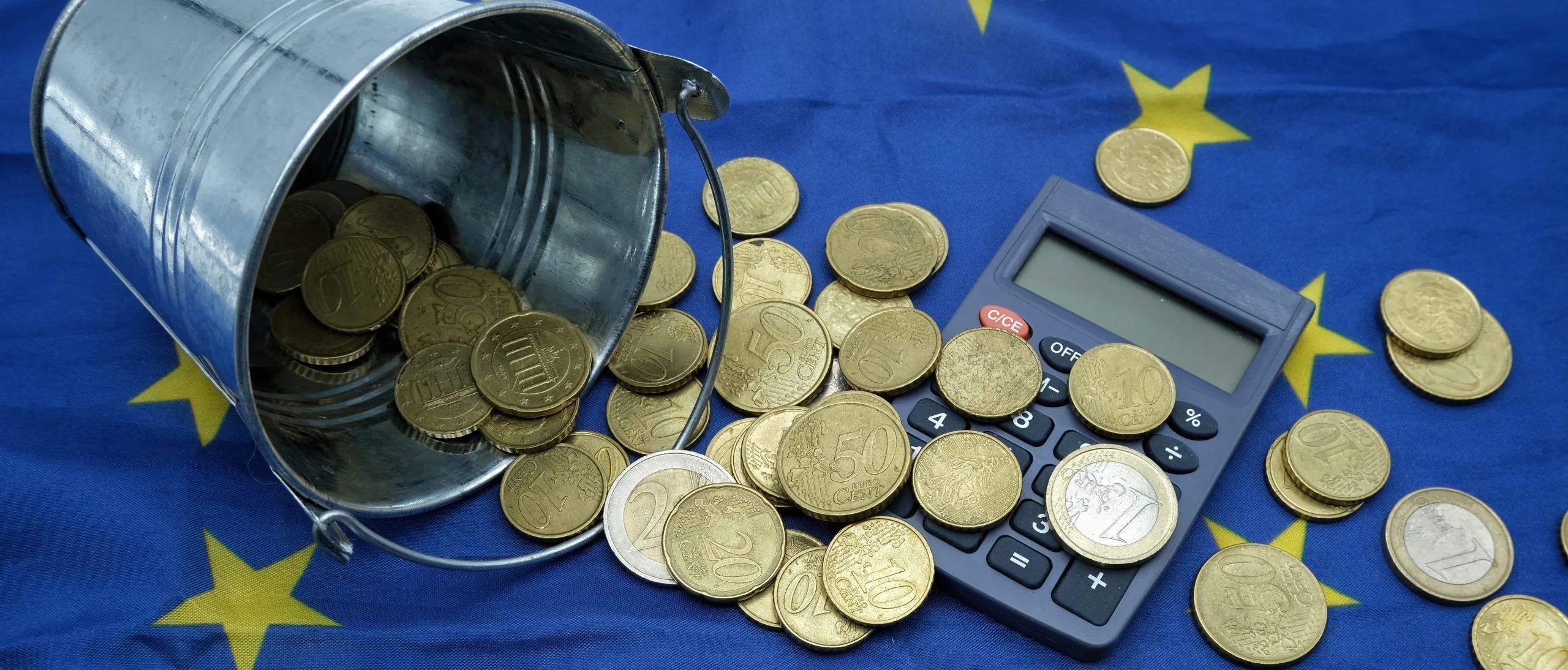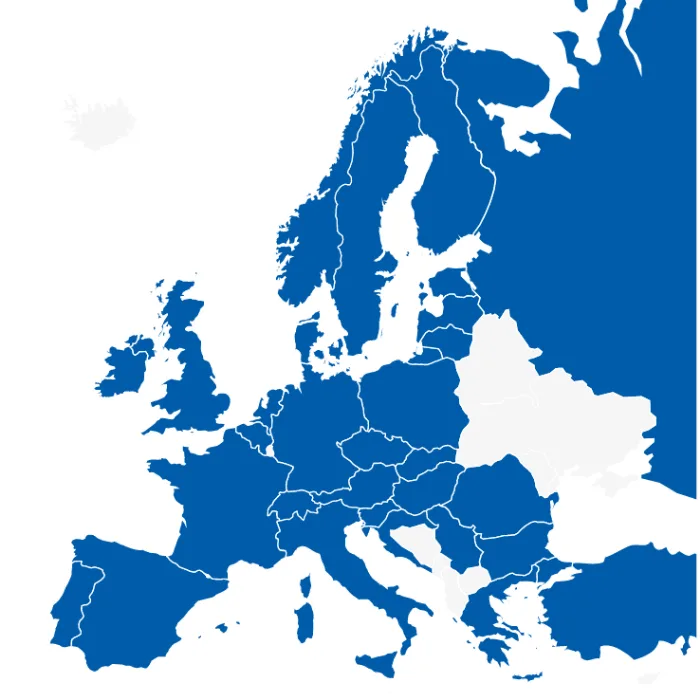
17th March 2021 – “Coherent”, “supportive” and “sectoral” were the common policy themes that speakers called for as being vital enablers towards achieving a successful European recovery. As the road to European economic recovery remains uncertain, Cefic’s latest Digital Dialogue brought together a diverse panel to examine: how can industry support Europe’s competitive sustainability?
Setting the scene, Dr. Peter Westerheide, BASF’s Chief Economist, presented the European chemical industry’s economic outlook; indicating that while Europe has seen “green shoots” of recovery, growth is likely to be slower compared to other regions, like US and China. Dr. Westerheide explained that there is still a lot of uncertainty as the pandemic governs economic performance.
“We have a strong economic upside and a strong economic downside, depending on the development of the pandemic. We have to win the race against the virus by vaccinating as fast as possible.”
Dr. Peter Westerheide – Chief Economist, BASF
On the status of Europe’s recovery, Vincent Verouden, Policy Officer at the European Commission’s Recovery and Resilience Task Force, stressed that the key objective of the Recovery and Resilience Facility (RRF) is not only to overcome the current crisis, but also to build stronger and more resilient economies, with each Member State allocating 37% of the expenditure to the objective of climate mitigation. Verouden indicated that the RRF is an important instrument for economic and social cohesion, but also for fostering a level playing field for industries.
Given the massive investments needed for industry to transform, Dennis Kredler, Dow’s Director of European Affairs, called for a strong and coherent policy framework to instil confidence to invest in capital-intensive low-carbon projects. He called for a “single window” approach where possible to make the economic recovery fund accessible to industry in a timely way.
“If the chemicals industry doesn’t become climate neutral, no other sector or no other ecosystem will be able to. If we do, then we will enable climate neutral goods across the economy.”
Dennis Kredler – Director of European Affairs, Dow
Judith Kirton-Darling, Deputy Secretary General from industriAll European Trade Union called for the recovery to address societal inequalities and working conditions that were shown during the pandemic. When asked about industriAll’s view on sectoral approaches, she shared:
“it’s really important that move down to a more granular level of analysis and that means that you have to look at the sectoral dimension of policy coherence to ensure the transition in the chemicals industry”
Judith Kirton-Darling – Deputy Secretary General, industriAll European Trade Union
Closing the discussion, René van Sloten, Cefic’s Executive Director Industrial Policy, highlighted the simultaneous challenges currently being faced by the European chemical industry.
“Let’s not forget that the chemical industry is facing several challenges at the same time; the Chemicals Strategy for Sustainability, the Zero Pollution Ambition, to become circular and low carbon, all this coincides at the same moment.”
René van Sloten, Executive Director Industrial Policy, Cefic
René concluded by stating that to achieve the European Green Deal, industry needs a strong, coordinated and sectoral framework to develop innovative solutions, otherwise Europe risks them being imported from other parts of the world.
Read more
Download the presentation and check out about Cefic’s ideas for an updated EU Industrial Strategy.

Take a look at the European chemical industry’s trade development, growth and competitiveness, and more on the latest “Facts and Figures” webpage.

Discover the country by country landscape of our industry in the “Landscape of the European Chemical Industry“.









